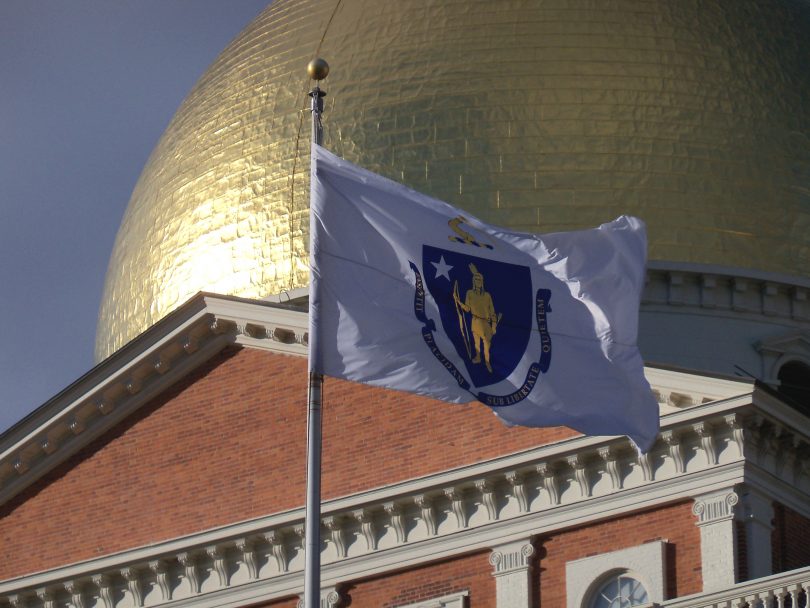By Lillian Eden
BU News Service
BOSTON – Although in-person meetings with constituents aren’t happening these days, western Massachusetts lawmakers and their teams are still making themselves available to hear from constituents.
“I keep a cell phone with me 24 hours a day, 7 days a week because this pandemic doesn’t stop at 5 o’clock,” said state Rep. Natalie Blais, D-Sunderland. “The majority of our work has shifted to virtual work, so it’s been a lot of phone calls and a lot of meetings via Zoom.”
State Sen. Eric Lesser, D-Longmeadow, has been circulating information on a central website and different platforms, including updates on legislation and a workout video on Twitter, as well as mental health tips on Instagram.
“In a crisis, people need information. And they need that information to be reliable, to be accurate, and to be the facts of what they need to know and when they need to know it,” said Lesser, who is a member of the Senate COVID-19 task force, and the Senate chairman of the Legislature’s Committee on Economic Development and Emerging Technologies. “Our phones are open, email is open, Instagram message, Facebook message, Twitter direct message, text message, you name it.”
In this vein, state Sen. Jo Comerford, D-Northampton, chairwoman of the Senate COVID-19 task force, has been hosting community conference calls since March 18.
Listening to feedback from constituents and from businesses has already led to some legislative changes within the commonwealth, including allowing restaurants with liquor licenses to sell sealed bottles of wine and beer with takeout orders as part of a municipal relief bill, Lesser said.
State Rep. Lindsay Sabadosa, D-Northampton, also noted that lawmakers are in frequent contact with each other.
“We are working remotely, but that does not mean we’re not talking to each other. I have a morning call every morning with colleagues at 10 a.m.,” Sabadosa said. “We’ve had full House calls where all the representatives get on the phone together. We’ve met as committees by phone repeatedly and we send lots of letters.”
Sabadosa said she misses seeing people in her district and having office hours to connect with constituents.
“I think that we need to acknowledge how hard this really is for some people,” Sabadosa said. “The anxiety that this causes, the isolation. There were already people living in isolation, and this is just really making that worse.”
State Rep. Daniel Carey, D-Easthampton, said he’s been impressed by how people are coming together, checking on their neighbors, donating to food pantries, donating blood and “doing the little things that we can do to get through this.”
“I hope people know that they can reach out at any time and that we’re here for them and we’re still working, even if they don’t see us out and about in the community right now,” Carey said.
This article was originally published in The Hampshire Gazette.





